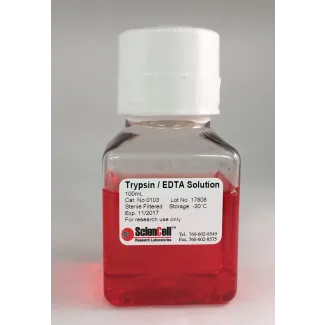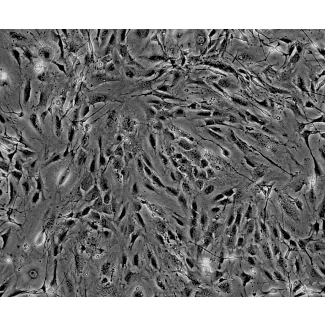Mouse Perineurial Fibroblasts from CD1
Isolated from postnatal day 8 CD-1 mouse nerve. MPNF are cryopreserved at passage one and delivered frozen. Each vial contains >5 x 105 cells in 1 ml volume.
Related Products
Check items to add to the cart or

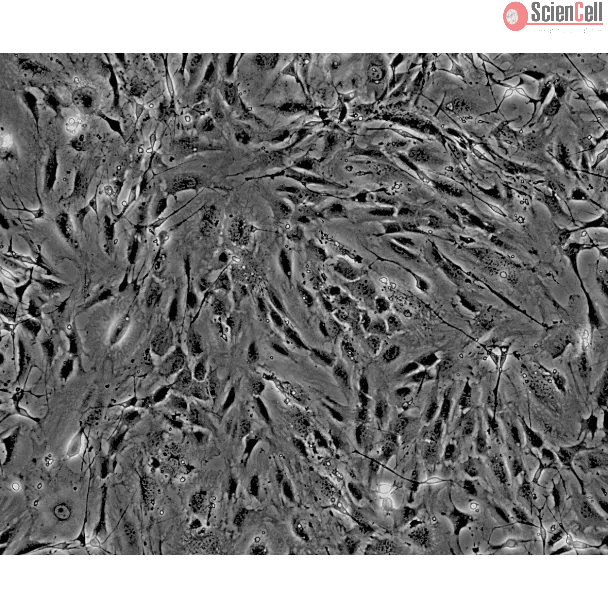

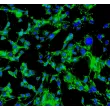
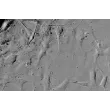
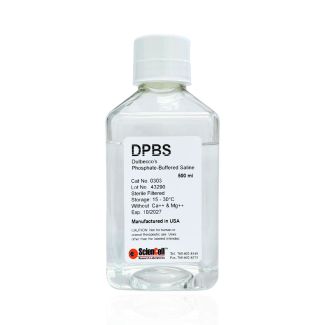
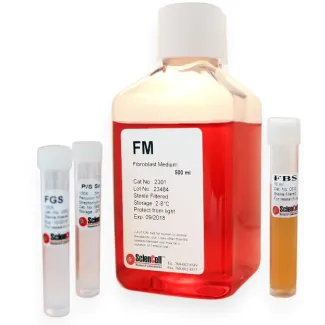
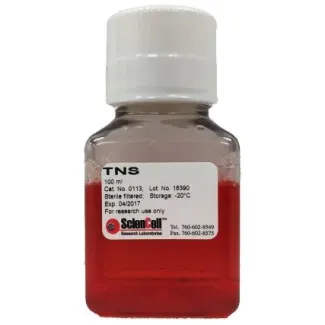
,-1-mg-ml--2.jpg)
